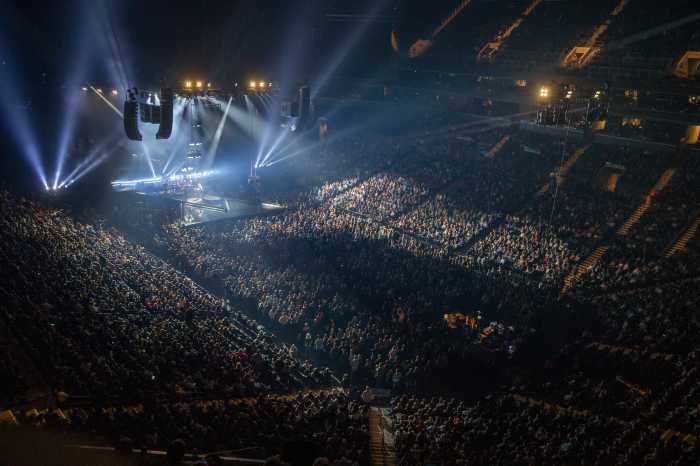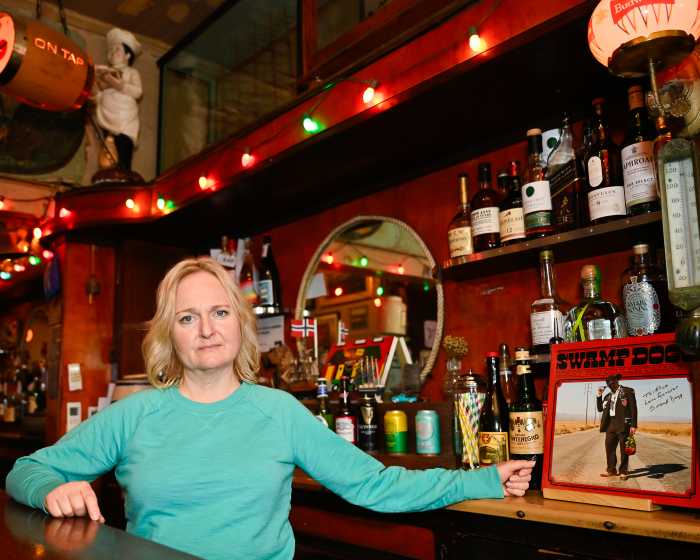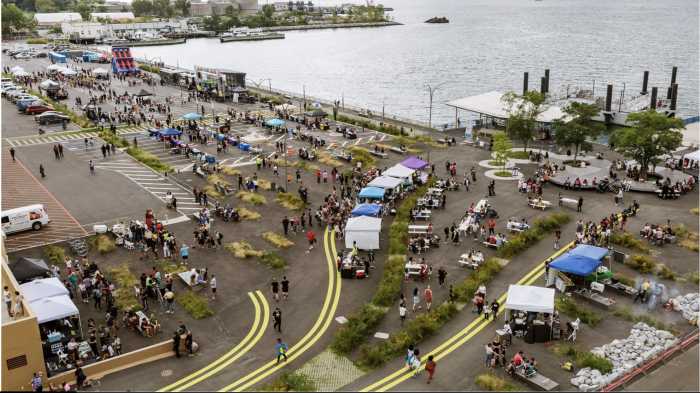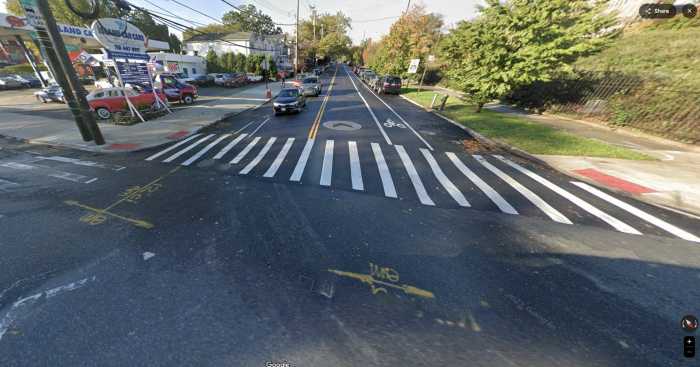Two months into the state’s stay-at-home order, Brooklyn’s clubs and music venues are relying on philanthropic fundraising and bank loans to stay alive as they face an uncertain future, where they will likely be the last businesses to reopen as part of the New York’s phased reopening plan
“We have another year of hardship,” said Olivier Conan, the owner of Park Slope bar Barbès, which has drawn music lovers to its bustling backroom for 18 years.
Conan said he doesn’t expect concerts to be up and running in any capacity until Spring 2021 at the earliest — which is a projection shared by live music behemoth Live Nation.
“That year of hardship is going to kill my business,” he said.
To soften the blow, many venues have turned to online fundraisers, where regulars and devotees have chipped in significant amounts — including to Barbès, which has raised over $28,000.
“That has been the one thing that has really kept us alive,” Conan said.
Nearby venues the Bell House and Union Hall have raised over $37,000, according to their owner, who was forced to lay off 50 staff members since the pandemic began.
“We’ve received some really generous donations from folks,” said Jim Carden. “That was a big big help.”
Venues have also qualified for the federal government’s Paycheck Protection Program, which was designed to help them continue playing their employees — although that has presented entirely new sets of challenges.
One of the many requirements in the program mandates that most of the money be used for payroll within eight weeks — but restaurants and bars who do not operate as take-out and delivery, such as music venues, currently have no use for their staff, leaving their hands tied to satisfy any payroll requirements.
“It’s a bit of a frustrating endeavor to try to bring people back when there is no work,” Carden said.
Making matters worse, the money they are allowed to use for non-payroll costs is often not nearly enough to cover the massive operating costs these venues pay — even while remaining closed and generating no revenue.
Barbés received $7,700 from the federal government, which Conan said is certainly welcome, but only puts a small dent in the roughly $20,000 in expenses he has to put up each month to stay open.
While the venue’s smallness and independence from any large network of clubs has long been a source of pride for the Sixth Avenue watering hole, their lack of resources now threatens their existence — as, Conan said, they are “too small to save.”
“It’s kind of the opposite of the airline industry or the banking industry,” he said. “The only thing we have is a reputation.”
Some business owners impacted by the shutdowns have considered the prospect of scrapping their existing business and starting anew when the pandemic passes and the economy recovers — but, while tempting, restarting from the ground up carries with it a whole new batch of expenses.
“Starting from scratch is extremely expensive,” Conan said.
When he opened Barbés 18 years ago in a much different iteration of Park Slope’s history, it cost him and a partner $55,000 to get it up and running — but, he estimated, the same feat would now cost up to $250,000, and would require him to secure investors, which depends on the economic state of the city on the other side of the pandemic.
“If it’s doing really well it will be too expensive to do anything,” Conan said. “And if it’s doing really really horribly it will be hard to get anybody to invest.”
Until music can start up again, he is looking at offering to-go cocktails at some point, and hopes the city will allow bars like his to spill out onto the street and sidewalk for safe open-air dining and drinking.
When reopening finally does become a possibility, venue owners say they are looking at multiple possibilities for keeping both audience members and performers safe — like at the Bell House, which has considered shorter shows, decreased capacity, and double shows to help maximize revenue.
Events such as dance parties can’t work at reduced capacity, Carden admits, but others, such as seated events, could be done safely.
“We would make it work,” Carden said.
Until such a time comes, venues are dealing with the toughest crisis they have ever faced — one that many of them may not make it out of.
“I’ve been doing this for 18 years, and I’ve always chosen to have a business model that was not making that much money. We were always on the verge of losing it, always in trouble financially, but still we managed to make it work all these years without compromising what we like to do,” Conan said. “That’s not enough anymore.”


























